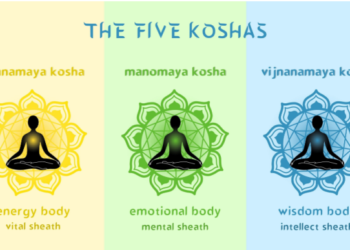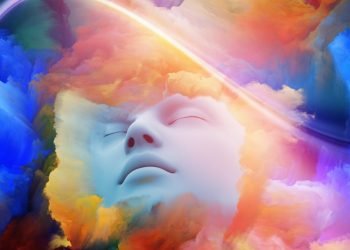What is Self-Realization? There might be some confusion about the difference between self-hypnotism and self-realization. Although they may seem similar, we must realize that both are very different. In this excerpt, we will discuss the difference between the two and find out how to achieve Self-Realization.
Self-hypnotism and Self-realisation
Hypnotism is a kind of relaxed state where it is possible to sink deeper into our minds. Self-hypnosis allows people to bypass their conscious minds and put forward positive thoughts and ideas into their unconscious.
Whereas Self-realisation is a state where we let go of many things that define us as an individual. We learn and find our true Self, which is constant and unchanging. Besides, all hypnotic effects are temporary, while the realization of the eternal Self is not. In fact, the process of meditation can be dehypnotizing ourselves from our attachments and identifications. Finally, this is the process that would lead us to the rediscovery of our unconditioned Self.
How to achieve Self-Realization?
Self-realization is the realization of one’s real Self or the soul. According to Vedanta, there are three direct means of knowledge that help the seeker attain Self-realisation
Sravana
Sravana is the first stage in the search for the Self. The individual learns that their identity is at one with the Universal Self or Consciousness. As a result, they try to study and process this knowledge. Therefore, Sravana is the first step that needs to take place to know the truth about Brahman. We do this by listening to spiritual teachings with belief. Otherwise called as Bhakti Yoga
Manana:
Manana is the second step in the process of Self-realization. Here, we try to logically grasp or think on the things we learned in Sravana. In Manana, we try to reflect upon and clear our doubts to understand the deeper meaning. Therefore, in this stage, we know that we are Brahman, but however, it is not real to us.
Nididhyasana
Here, we think and reflect to firmly grasp the idea that we are Brahman and live according to it. In Nididhyasana, we meditate and become the truth. We go beyond rational knowledge and reasoning to reach the stage of Self-realisation.
All other spiritual practices such as chanting, worship, pilgrimages, service, and so on help purify and channel the mind. Therefore, they are the indirect means of knowledge for Self-realisation.








